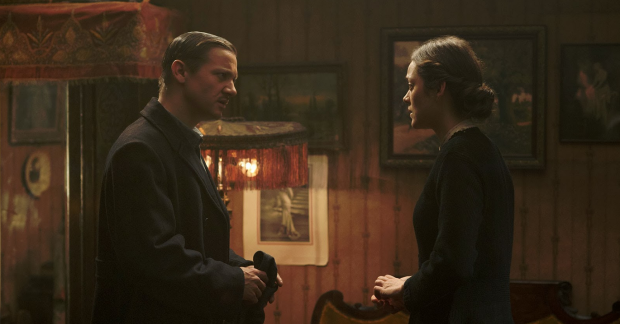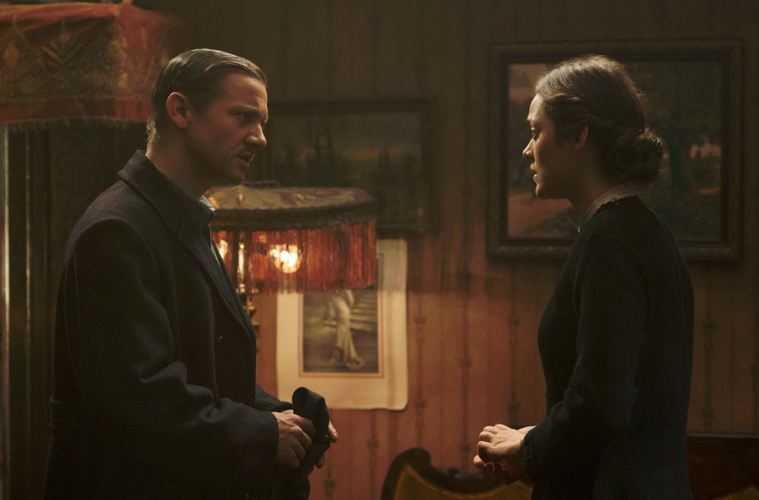
Dailies is a round-up of essential film writing, news bits, and other highlights from across the Internet. If you’d like to submit a piece for consideration, get in touch with us in the comments below or on Twitter at @TheFilmStage.
Anton Corbijn has directed two Depeche Mode documentaries, arriving next month, Consequence of Sound reports.
At Indiewire, Jeremy Renner on the bungled marketing and release of The Immigrant:
It’s a bummer, you know? How and why people pay for a movie and how and why they release it the way they release it, you know… Harvey [Weinstein] has his own thoughts on it, and ultimately it’s above my pay grade to even pontificate on it, and like you said, it’s frustrating, putting a lot of hard work into it, and I think Marion [Cotillard] and Joaquin [Phoenix] are terrific in it and should be recognized. But, you know man, that’s just how it goes.
Listen to Steven Soderbergh and Mark Romanek discuss filmmaking for 30 minutes:
At RogerEbert.com, Aaron Aradillas on the fascistic fanboy culture related to celluloid:
Tarantino’s “television in public” battle cry misses the whole point of what marks the difference between the two mediums. He seems to think it’s a matter of film vs. digital, when anyone knows television has been shot on both tape and film almost from its inception. The “flicker effect” of movies is only one small component of going to the movies. Going to the movies involves a group of strangers getting together and sharing the experience of looking up at the movies. Watching television is more solitary and has the viewer looking down or straight ahead. Movies are designed to overwhelm us with emotions. Most television is more cerebral, with a shelf life of seven days. And no matter how big a TV monitor you have you still can’t replicate the movie-going experience. Not because you’re watching a DVD, but because you’re not sharing the experience of looking up at the screen.

